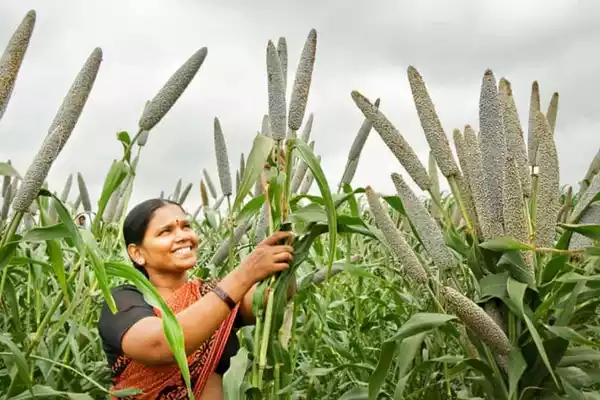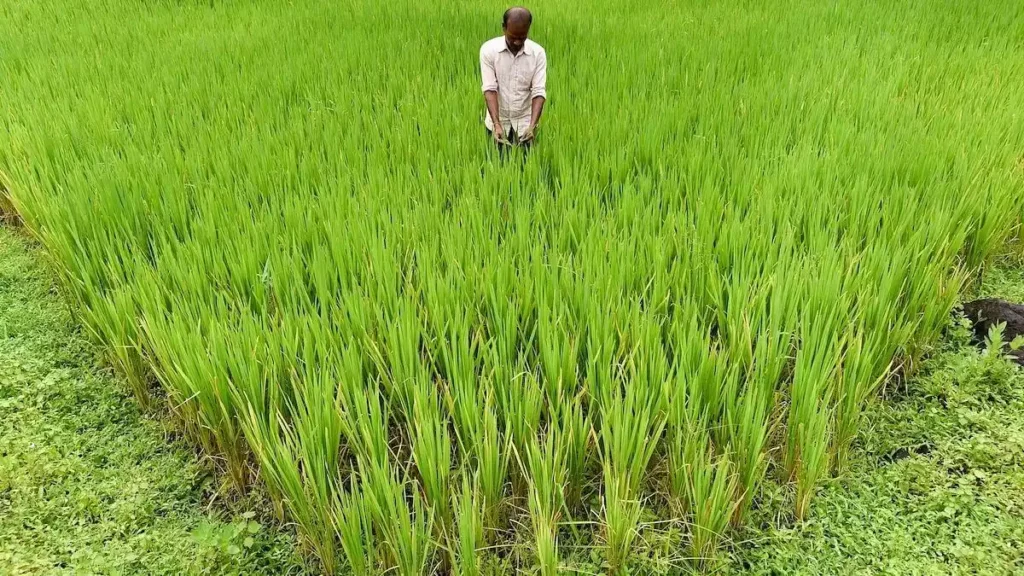Biofortified seeds developed by the Indian Council of Agricultural Research (ICAR) include numerous varieties of both field and horticultural crops, contributing significantly to enhanced nutrition and food security.
What are Biofortified Seeds?
- Biofortification is the process of increasing the nutritional value of food crops by increasing the density of vitamins and minerals in a crop through plant breeding, genetic engineering, or agronomic practices.
- Objective: To improve the nutritional quality of food crops, especially for populations in developing countries where diets are often deficient in essential vitamins and minerals.
Development of Biofortified Varieties in India
- Total Varieties Developed: Since 2014, 142 biofortified varieties have been developed, including 124 field crops and 18 horticultural crops.
- Field Crops Breakdown: Includes Rice (10 varieties), Wheat (43), Maize (20), Pearl millet (11), Small millets (13), Linseed (1), Lentil (2), Chickpea (2), Mungbean (1), Fieldpea (1), Urdbean (1), Mustard (8), Soybean (7), Sesame (1), and Groundnut (3).
- Horticultural Crops Breakdown: Comprises Sweet potato (5 varieties), Amaranthus (3), Greater Yam (2), Potato (2), and one each of Cauliflower, Okra, Grapes, Banana, Guava, and Pomegranate.
Impact and Advantages
- Ecological Impact: These biofortified varieties do not adversely affect ecological conditions, particularly soil and water.
- They are bred normally and have similar water and nutrient requirements as traditional varieties.
- Yield and Cost: Biofortified varieties yield equally or better than conventional varieties.
- The cultivation cost is comparable to existing varieties, making them affordable.
Seed Production and Distribution
- Breeder Seed Production: Since 2019-20, 37425.7 quintals of breeder seed of biofortified varieties have been produced and supplied for further multiplication and certification.
- Area Coverage: In the past six years, over 10 million hectares, including crops like wheat, rice, pearl millet, mustard, and lentil, have been cultivated with biofortified varieties.
- Accessibility: The certified seeds are made available to farmers, particularly benefiting the economically backward sections of society.
Support Under National Food Security Mission (NFSM)
- Assistance Provided: NFSM offers assistance for various agricultural interventions, including seed production and distribution of High Yielding Varieties (HYVs) and hybrids.
- Technology Transfer: Support is given to ICAR, State Agricultural Universities, and Krishi Vigyan Kendras for technology transfer to farmers.
- Encouragement of Biofortified Varieties: NFSM encourages states to produce and distribute biofortified seeds and organize demonstrations on the latest crop production technologies focusing on biofortified varieties.
Ref: Source
| UPSC IAS Preparation Resources | |
| Current Affairs Analysis | Topperspedia |
| GS Shots | Simply Explained |
| Daily Flash Cards | Daily Quiz |



